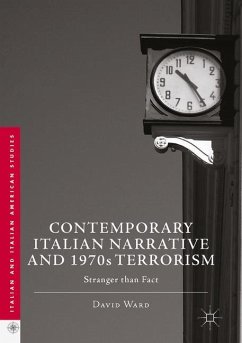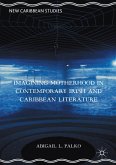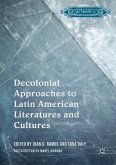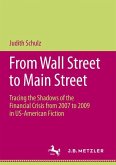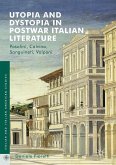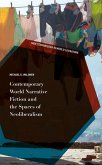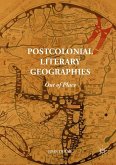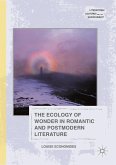This book is about literary representations of the both left- and right-wing Italian terrorism of the 1970s by contemporary Italian authors. In offering detailed analyses of the many contemporary novels that have terrorism in either their foreground or background, it offers a "take" on postmodern narrative practices that is alternative to and more positive than the highly critical assessment of Italian postmodernism that has characterized some sectors of current Italian literary criticism. It explores how contemporary Italian writers have developed narrative strategies that enable them to represent the fraught experience of Italian terrorism in the 1970s. In its conclusions, the book suggests that to meet the challenge of representation posed by terrorism fiction rather than fact is the writer's best friend and most effective tool.
"For the richness of its argument and for the clear and sure way in which it takes up its positions [...] Contemporary Italian narrative and 1970s terrorism: Stranger than fact gives an excellent account of itself as a survey of Italian narrative on the 1970s and as a very important contribution to the critical debate on the potential of literary experimentation." (Elena Prat, Incontri, Vol. 32 (2), 2017)

